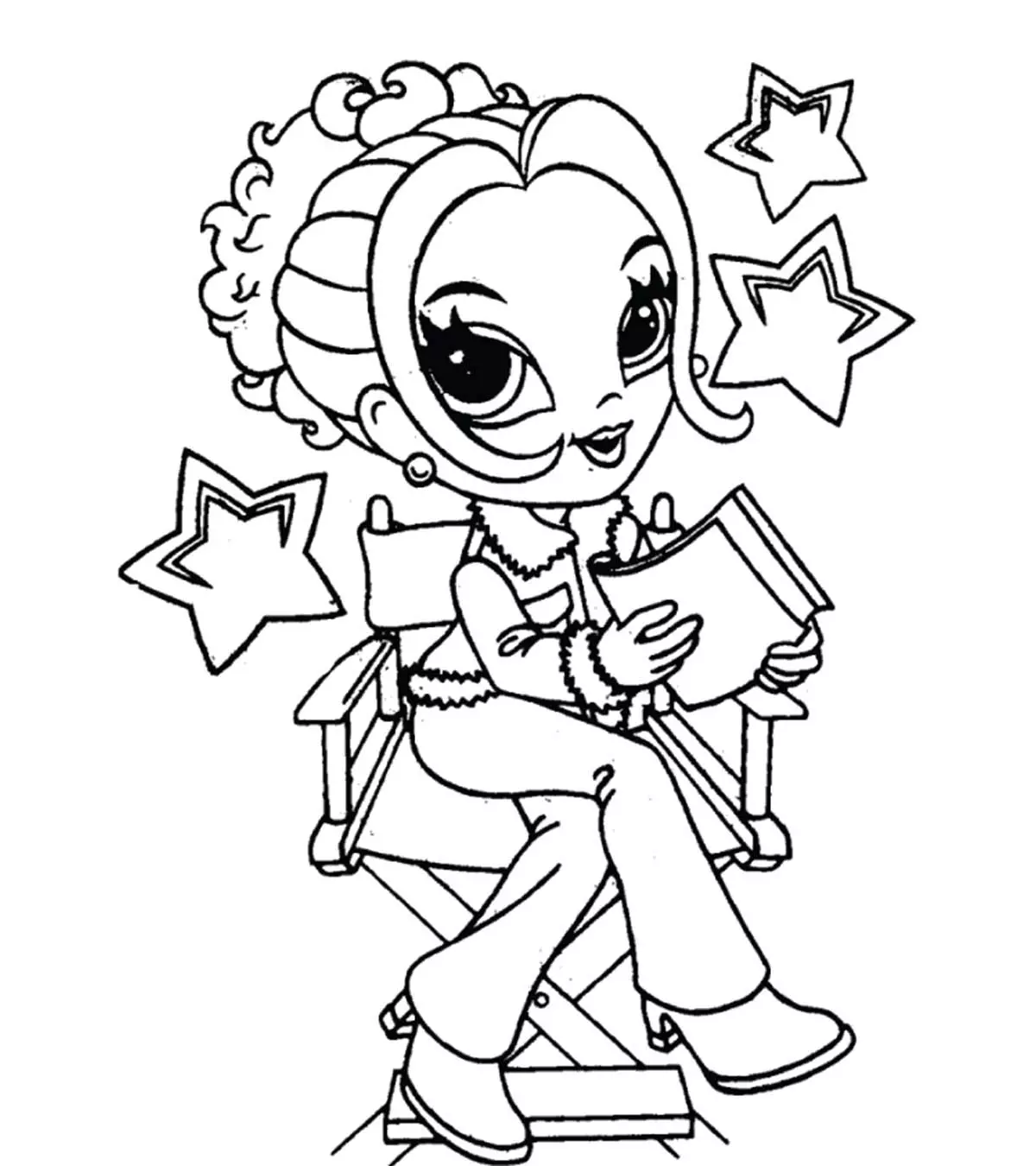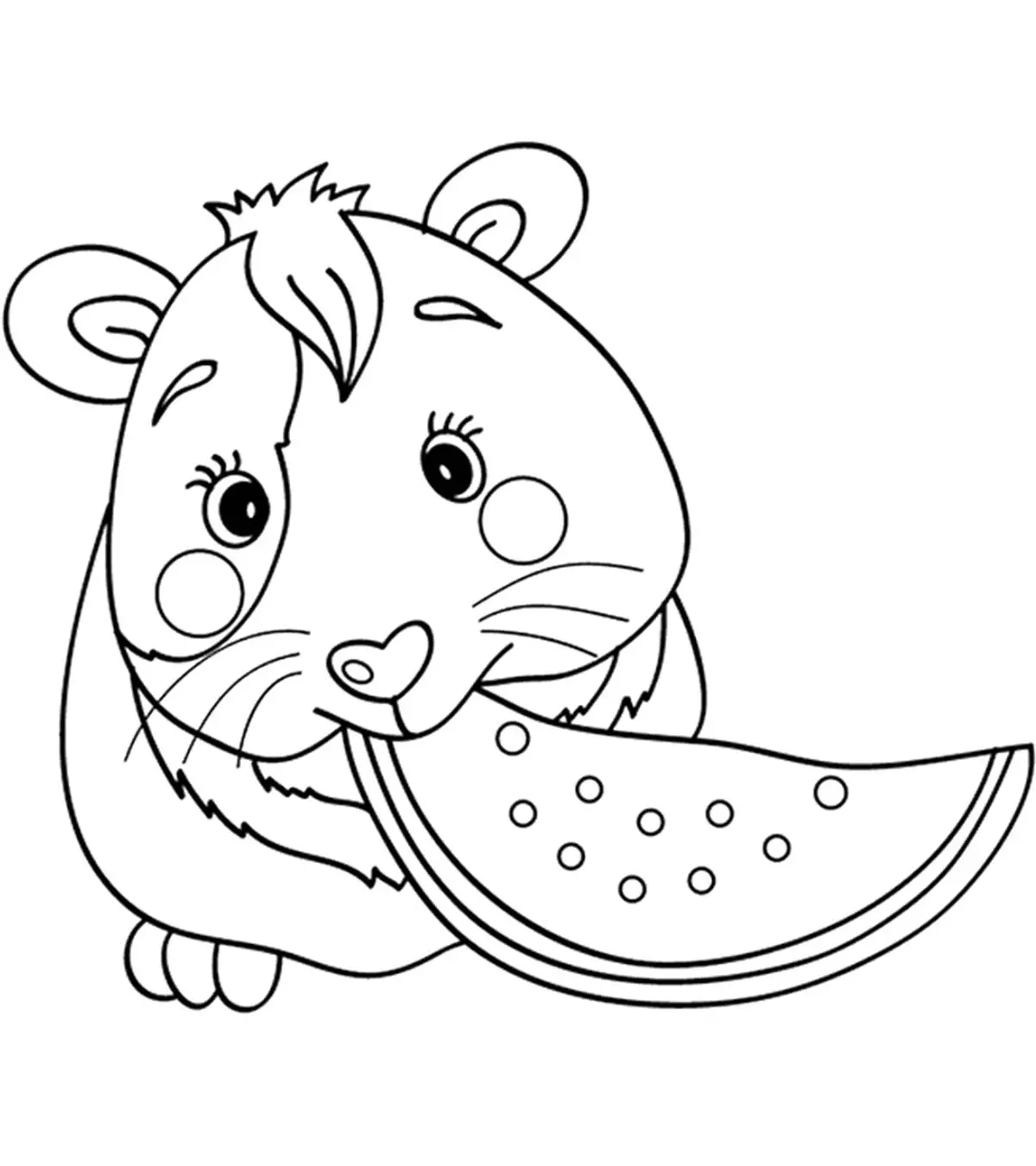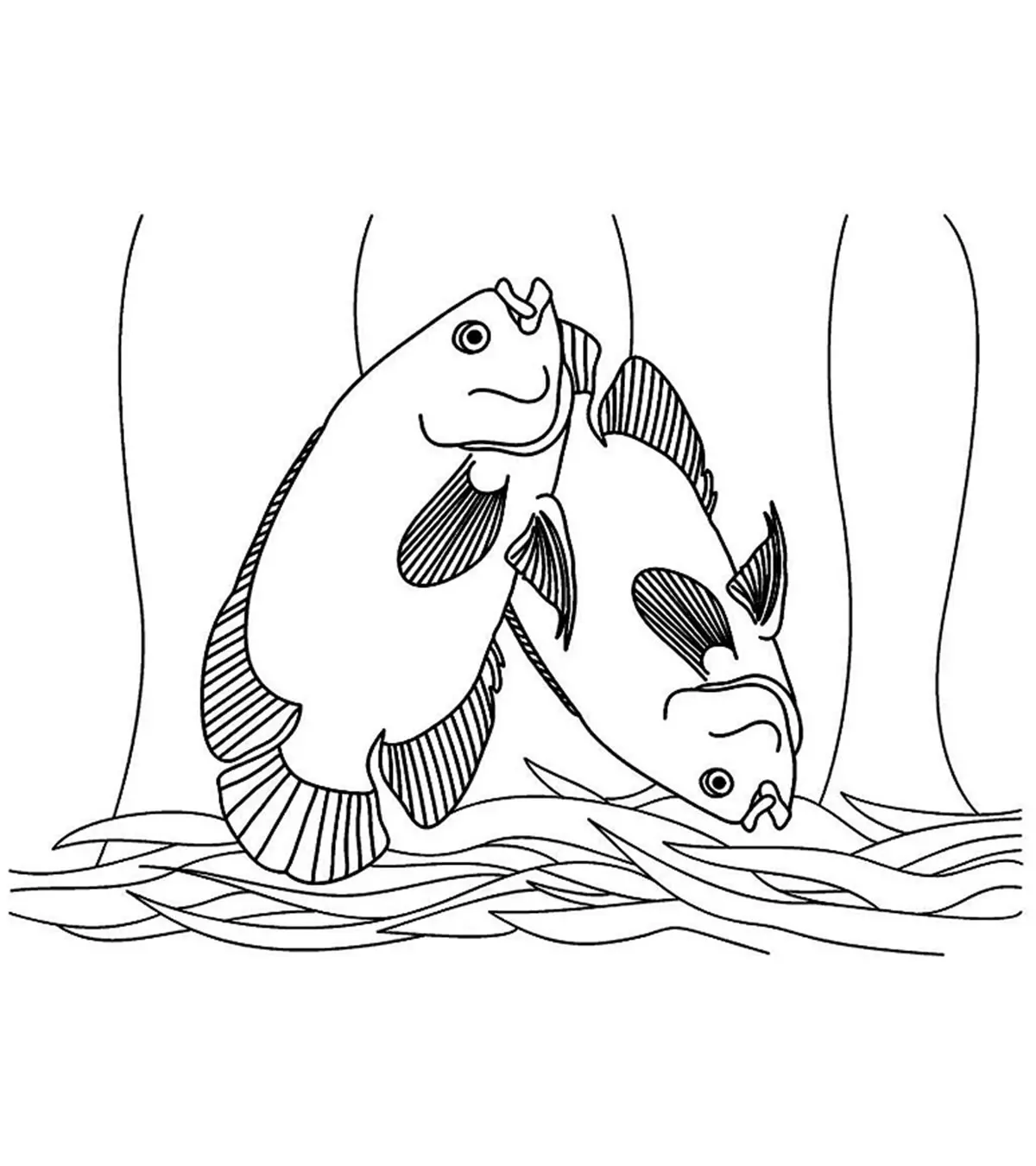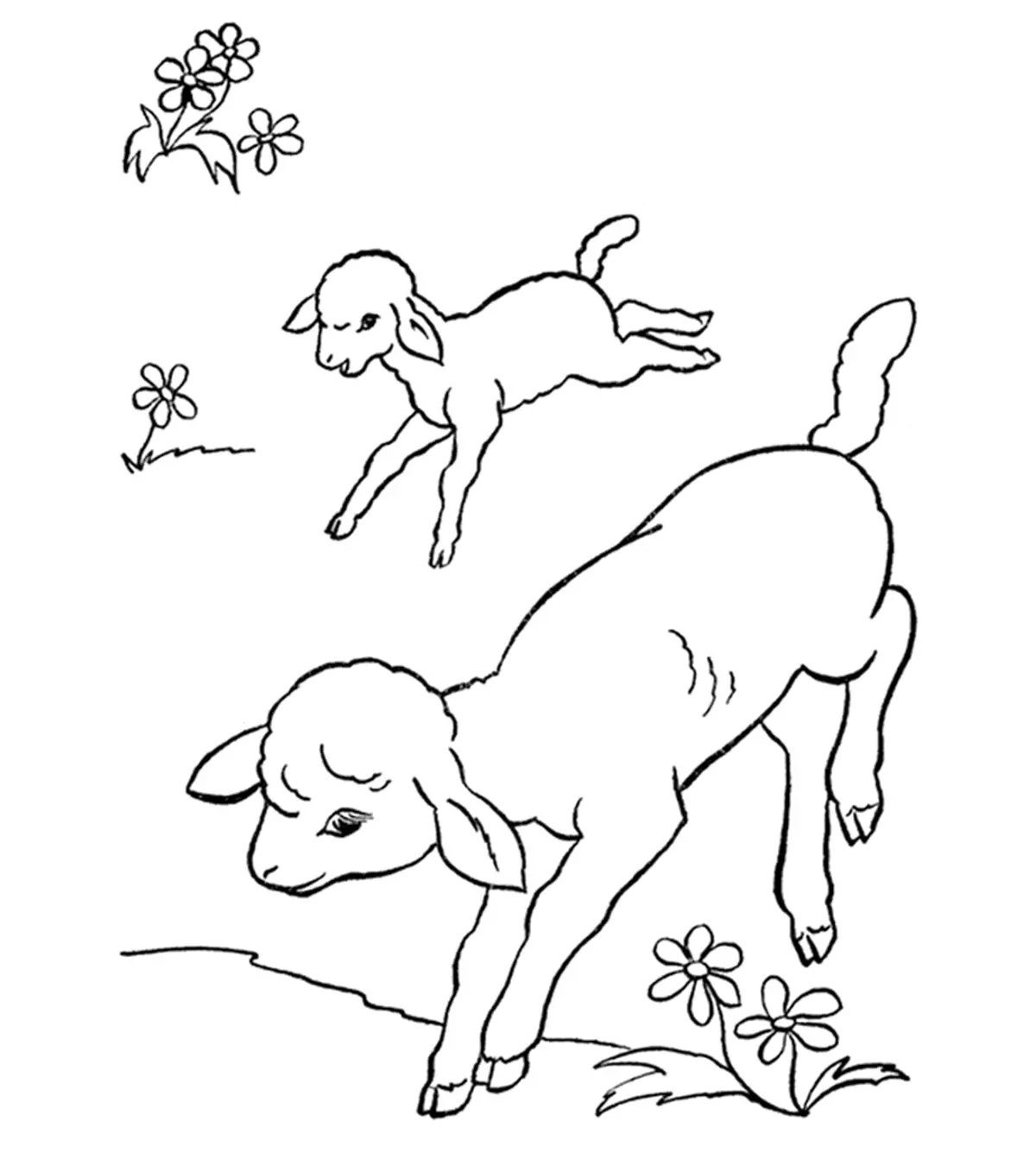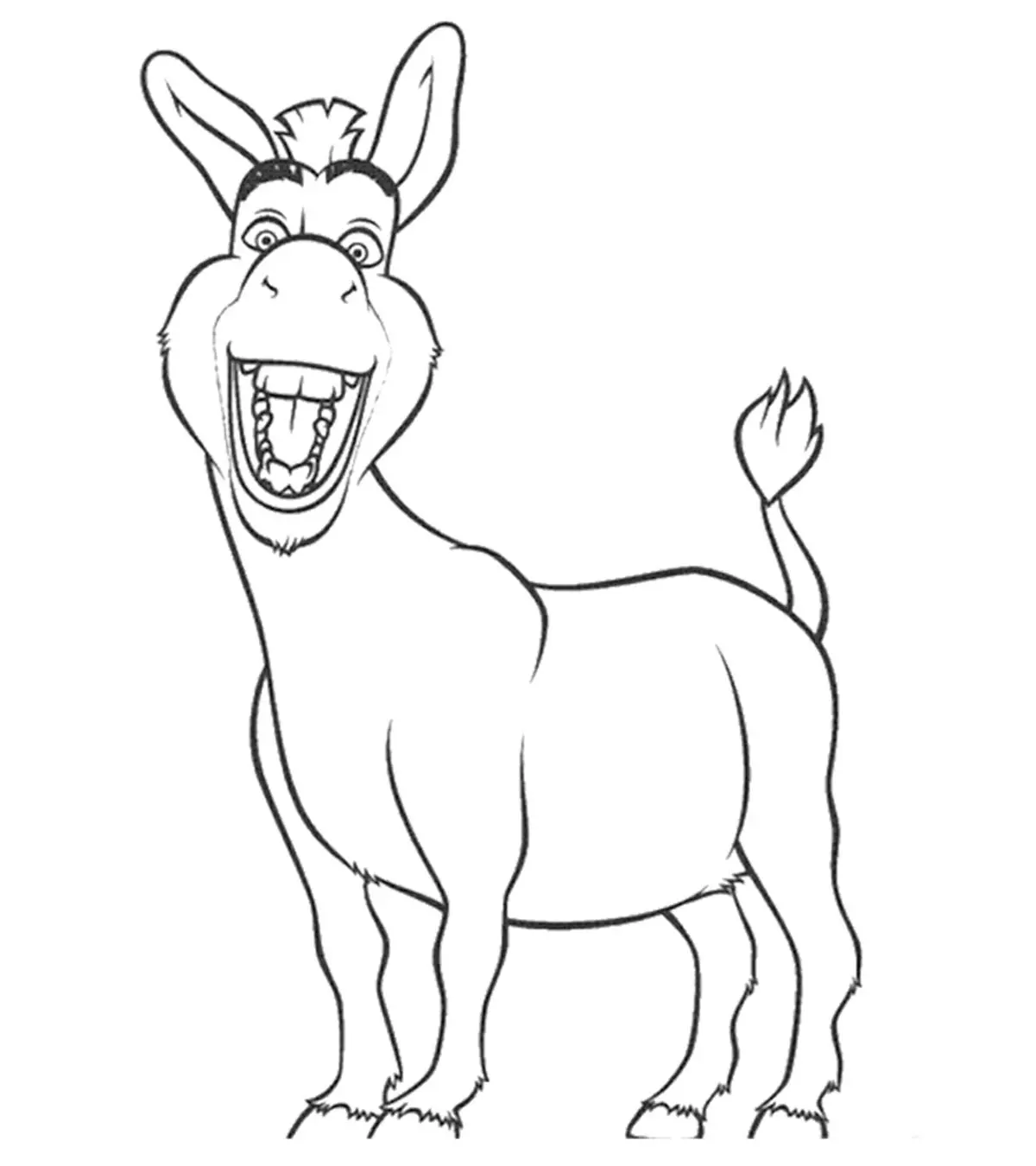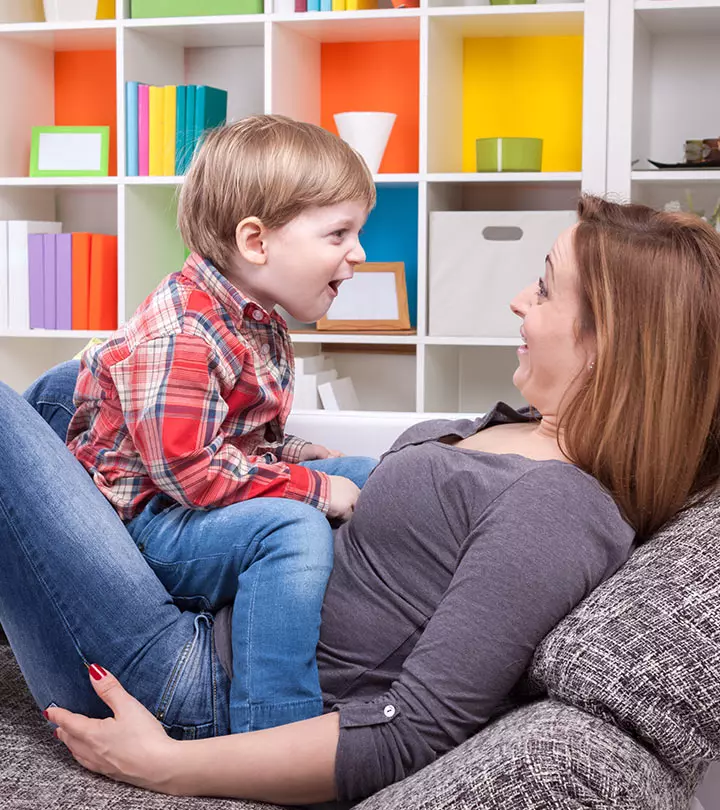
Image: ShutterStock
Articulation, or the production of speech sounds, involves various components such as phonetics, enunciation, and sound production. Parents and caregivers can use articulation activities for toddlers and preschoolers to encourage the refinement of their language and communication.
When your little one is trying to speak, they may find difficulty pronouncing complex syllables. The production of sounds and pronunciations improves as and how the oral motor skills in toddlers develop. Read on to learn some exciting articulation activities that can help your child improve their articulation skills.
To help them with that, you may try some articulation activities for toddlers. Read on to know more.
Key Pointers
- Producing clear speech sounds is a skill called articulation and parents can assist their children in developing articulation as they start speaking.
- Articulation errors can affect individuals of all ages and involve difficulty in correctly pronouncing certain sounds, making sound errors, or distorting sounds.
- Making the learning process enjoyable for children with fun and interactive activities can help them stay motivated to improve their speech.
- Activities like the art wall, story time, the snack bowl, guess the word, and word relay can be utilized to address articulation errors in toddlers.
Defining Articulation
Articulation is the ability to produce clear speech sounds with the help of the tongue, lips, teeth, jaw, and palate.
Defining Articulation Disorder
An articulation disorder is the failure to make appropriate speech sounds. It is a motor disorder and can affect people of any age. But they are quite common in children as their articulators are still in the developing phase.
Articulation disorder can involve one or more of the following speech errors.
- Difficulty in pronouncing certain alphabets.
- Deleting certain sounds at the start or end of words.
- Making sound errors such as substituting w for r, ‘th’ for ‘s’ or ‘f’ sounds.
- Distorting certain sounds.
- The tendency to add an extra sound to a word while pronouncing it such as ‘h’ sounds.
 Quick tip
Quick tipArticulation Activities For Toddlers
It is possible to correct articulation errors in toddlers with activities that involve using different speech sounds.
Here are ten articulation activities for preschoolers, to help improve his speech in a fun way.
1. The art wall
Create different charts using magazine cutouts or pictures from your neighborhood for each target sound. You can help your toddler practice the correct pronunciation daily by studying these pictures. Practice can make them perfect.
2. Story time

Image: IStock
Make use of story time to involve your toddler in some articulation practice. Use picture books your toddler loves to help him identify objects with target sounds.
3. I spy the word
Draw or write words that have target sounds on pieces of paper, fold them and hide them all around the house. Whoever finds the most words and articulates them correctly wins the game. It is a great articulation activity if you have more than one toddler.
4. The snack bowl
Take two snack bowls. Fill one with a mix of candies and healthy treats. Use the other bowl to place target words/images. Participants have to pick one paper and say the word. For every right articulation, participants can pick a choice of snack from the bowl.
5. Guess the word
Participants draw a picture and others by turn have to identify it verbally. Award one point for each correct pronunciation. Reward the winner.
 Did you know?
Did you know?6. Errands and words

Image: IStock
Use errands to help your toddler with his articulation practice. For instance, in the grocery store, ask your toddler to identify things that begin with ‘s’ or ‘sh’ sounds. You can do this when shopping for clothes, toys or during other errands.
7. Games and words
There is no better time for some articulation practice than playtime. For instance, encourage your toddlers to practice target words or syllables with each throw of the ball to each other. Or practice a new target word with each push when on the swing.
8. Word relay
Play the game of five words for each target sound. Take up a new sound as soon as you finish the previous one.
 Research finds
Research finds9. Marble tower

Image: IStock
Place marbles in a bowl. With every correct articulation, the toddlers get a marble to place it in a thin glass vase. The winner is the one with the tallest marble tower. This will help keep them motivated.
10. Word hour
For a specified time, say 10 to 15 minutes every day, you and your toddlers speak only words that have target sounds.
Why Are Articulation Games Important?
Articulation games are vital in children’s speech development, especially for those with speech disorders. These games offer a fun and interactive way for children to practice speech sounds and communication skills, helping to improve pronunciation and clarity. They also keep children motivated and engaged to make learning easier and help them progress in their treatment.
In fact, well-designed articulation games can significantly reduce therapists’ workload and provide an essential adjunct tool in speech therapy for kids, making them a priceless resource in speech and language development. They particularly benefit autistic children, offering structured yet enjoyable methods to improve articulation. Also, incorporating technology, interactive games, and speech-language pathologists (SLPs) can extend therapy into the home environment. This allows for constant practice under parental supervision, strengthening the skills learned during therapy sessions (1).
Frequently Asked Questions
1. How can I tell if my child needs help with articulation?
If your child has a lisp or struggles to make certain sounds or form speech sounds appropriately, they may need help with articulation.
2. What age should my toddler start articulation activities?
There is no specific age at which to start articulation activities with toddlers. However, since most toddlers develop basic language skills by age two, you can use articulation activities to support their speech development during these years.
3. How can I help my toddler with articulation?
You may help your toddler with articulation problems by using correct language and grammar while conversing, encouraging them to read out loud, and correcting any errors they make. You could also incorporate articulation games into your toddler’s daily routine or practice sounds during play or mealtimes to naturally hone their listening and vocabulary skills.
4. How can I help my toddler with articulation?
You may help your toddler with articulation problems by following simple tips such as using the correct language and grammar while conversing with them, encouraging them to read clear and loud, correcting their speech and sound errors promptly, and honing their listening and vocabulary skills.
5. What is the difference between articulation and pronunciation?
The word articulation is used to describe the usage of speech organs to create sounds with words, whereas pronunciation is the right way a word needs to be sounded.
6. What are the four types of articulation errors?
Articulation errors occur when a child is unable to pronounce the words correctly in one or more than one context. The four articulation (speech sound) error types are substitutions, additions, omissions, and distortions.
7. How can I use technology for articulation games?
You can use educational apps or online games focusing on speech sounds as part of your toddler’s articulation practice. These apps offer interactive features that can make learning fun and engaging. Some of them also provide additional resources to help you enhance your child’s speech development.
To help your toddler improve their articulation skills, you can incorporate these exercises and activities into their daily routine. Early intervention and consistent practice can help your child develop their vocalization and sound production abilities. Feedback and encouragement from parents or caregivers can also be very helpful in motivating toddlers to keep practicing and improving their skills.
Do not worry if your child has trouble pronouncing words since articulation disorder is common in children. Although it may be difficult to see your little ones struggling with their speech, you can help them achieve the right pronunciations with some of the easy and fun activities mentioned above. Try different activities to see which work the best for your child and the ones they enjoy the most. This technique will encourage them to keep trying while having fun. So go ahead and try it but remember to be patient and understanding for effective results.
Infographic: What Are The Signs Of Articulation Disorder In Children?
Children with articulation disorders can find it hard to talk clearly with others and have a proper conversation. So, as parents, being aware of the symptoms is necessary so that early intervention can be provided to the child. The following infographic provides some possible symptoms of articulation difficulties in children.

Illustration: Momjunction Design Team
Illustration: Interesting Articulation Activities For Toddlers
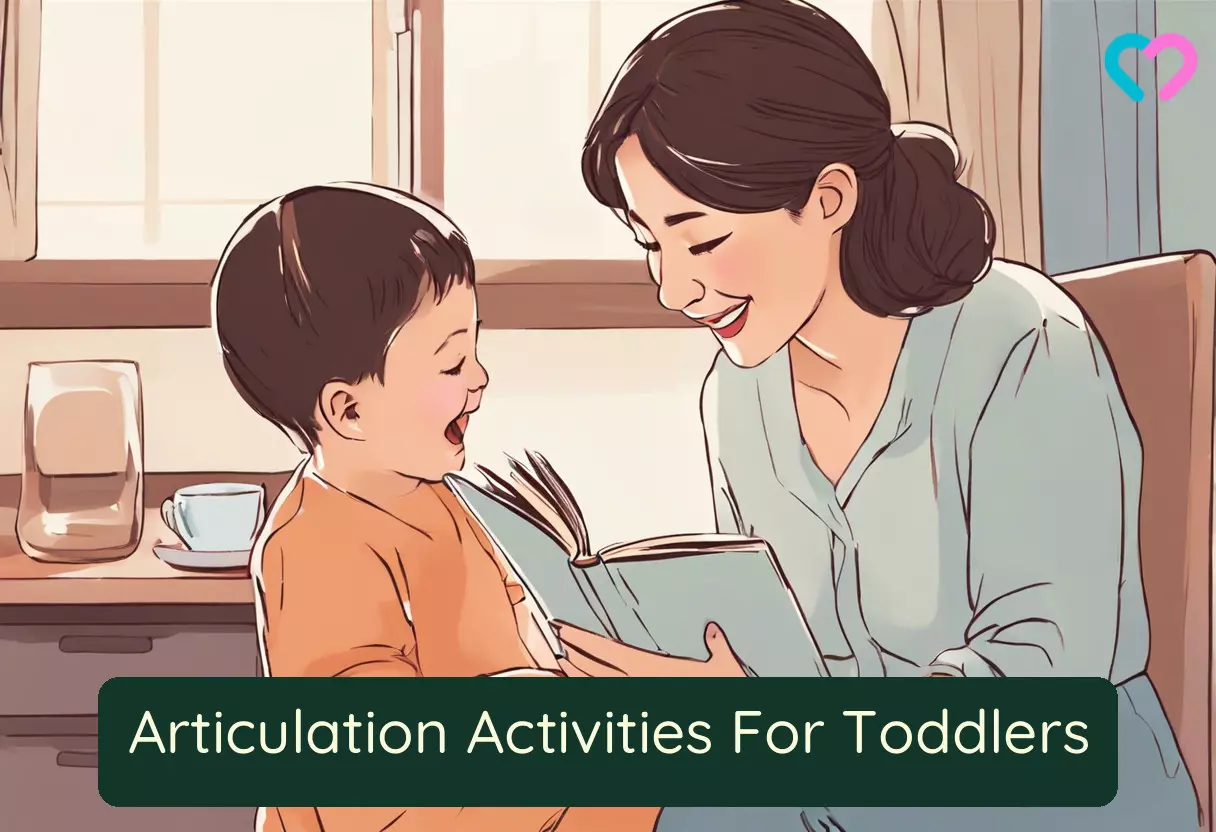
Image: Stable Diffusion/MomJunction Design Team
Let’s have some fun with articulation practice! Join us as we sing and learn the L sound with speech therapy for kids.
References
- Soheila Saeedi et al.; (2022); Application of Digital Games for Speech Therapy in Children: A Systematic Review of Features and Challenges.
https://www.ncbi.nlm.nih.gov/pmc/articles/PMC9061057/ - Quick Statistics About Voice, Speech, Language.
https://www.nidcd.nih.gov/health/statistics/quick-statistics-voice-speech-language
Community Experiences
Join the conversation and become a part of our nurturing community! Share your stories, experiences, and insights to connect with fellow parents.
Read full bio of Dr. Holly Schiff
Read full bio of Sagari Gongala
Read full bio of Rohit Garoo
Read full bio of Trisha Chakraborty







